SICKENING Fossil Fuels: Are They Silently Killing You?
A new study by NYU Langone Health researchers found that the shutdown of a significant fossil fuel pollution source near Pittsburgh, PA, resulted in immediate improvements in respiratory health.
Respiratory Related E.R. Visits Decreased 20 Percent After Coal-Processing Plant Closure
The new study shows link between improved respiratory health among residents and the shutdown of the Shenango plant nearPittsburgh.
These findings indicate that reductions in fossil-fuel related air pollution are linked to both short and long-term lung health
benefits, the researchers say.
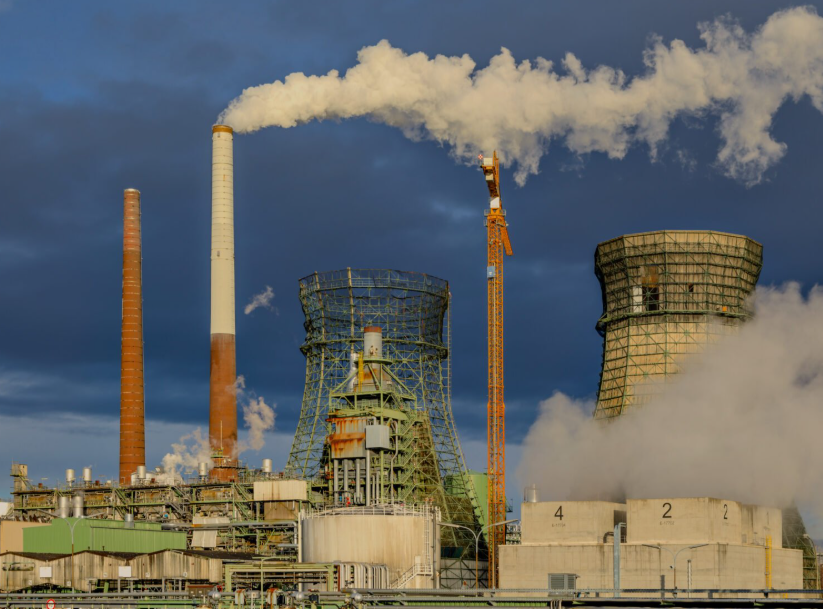 Results showed that within the first few weeks after the plant’s closure in January 2016, respiratory related emergency visits decreased by about 20 percent. In the first month of the closure, pediatric asthma visits declined by 41 percent, and continued to fall by 4 percent each month through the end of the study period.
Results showed that within the first few weeks after the plant’s closure in January 2016, respiratory related emergency visits decreased by about 20 percent. In the first month of the closure, pediatric asthma visits declined by 41 percent, and continued to fall by 4 percent each month through the end of the study period.
In our modern world, the consequences of fossil fuel dependence are unfolding invisibly, yet relentlessly. Recent research from NYU has shone new light on a grim reality: the reliance on fossil fuels not only accelerates climate change but also imperils human health and the environment in profound ways. With a legacy marked by pollution, toxic emissions, and global warming, fossil fuels have come under scrutiny for their silent but deadly impact on our communities.
Understanding this deep-seated threat, public discourse and policy initiatives are increasingly geared towards safeguarding public health and the environment. In this space, we offer expert insights, actionable strategies, and robust resources for combating the dangers of fossil fuel reliance. Join us as we delve into the science behind these alarming findings, explore real-world impacts, and outline pathways for a healthier, sustainable future.
A NEW PARADIGM OF ENVIRONMENTAL AND HEALTH CONCERNS
Recent studies have brought to light compelling evidence on how fossil fuels are quietly poisoning our communities. The NYU study in particular serves as a wake-up call by connecting prolonged exposure to fossil fuel emissions with a range of health issues—from respiratory ailments to cardiovascular diseases—and placing them within the broader context of environmental degradation.
The study emphasizes three critical dimensions:
- Environmental harm: Fossil fuel combustion releases pollutants that degrade air quality, contaminate water sources, and damage ecosystems.
- Accelerated climate change: The increased concentration of greenhouse gases in the atmosphere intensifies global warming, leading to extreme weather events and ecological disruption.
- Cumulative health risks: Continuous exposure to fossil fuel pollution compromises human health over time, resulting in increased medical costs and a reduced quality of life.
These revelations call for immediate intervention. As concerns mount across the globe, businesses, communities, and policymakers must act decisively to shift away from fossil fuel dependence and adopt safer, cleaner energy alternatives.
THE SCIENCE BEHIND THE THREAT
The NYU study is not the first to detail the adverse impacts of fossil fuels but adds a new layer of urgency. In analyzing the long-term effects of fossil fuel exposure, researchers observed the following:
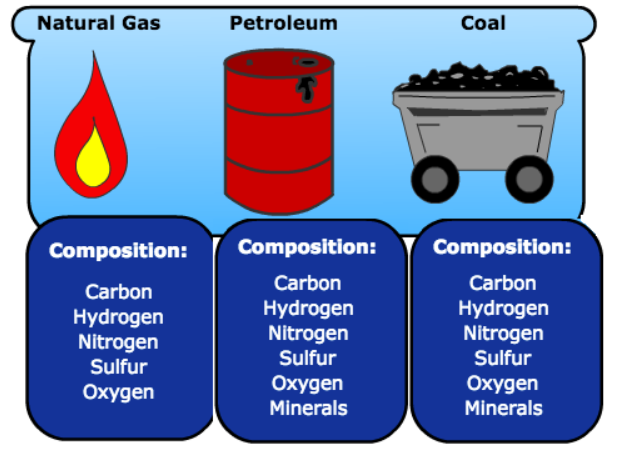 Toxins and pollutants such as particulate matter (PM 2.5), nitrogen oxides (NOx), and sulfur dioxide (SO2) are released during combustion, leading to polluted air that increases the risk of respiratory illnesses.
Toxins and pollutants such as particulate matter (PM 2.5), nitrogen oxides (NOx), and sulfur dioxide (SO2) are released during combustion, leading to polluted air that increases the risk of respiratory illnesses.- Prolonged exposure to these pollutants has been statistically linked to chronic heart disease, lung cancer, and other systemic problems.
- Emissions from fossil fuels accumulate in the ecosystem, contaminating not only the air but also water and soil, thereby affecting food safety and biodiversity.
By linking these hazards directly to fossil fuel combustion, the study underscores the stark consequences of maintaining our current energy consumption habits. What might seem like an abstract future threat is, in reality, a present danger that already affects millions of lives—quietly, but inexorably.
IMPACT ON THE ENVIRONMENT: BEYOND THE VISIBLE
Pollution from fossil fuels is often cloaked in layers of complexity. While the immediate effects—smog-filled skies and contaminated waters—are visible, the long-term ecological impacts require a more nuanced understanding. Consider the following environmental challenges:
- Air Quality Degradation:
– Persistent pollutants accumulate over time, causing not only visibly poor air quality but also leading to respiratory problems among vulnerable populations. – Seasonal spikes in pollution levels during high fossil fuel use result in exacerbated environmental conditions, stressing local flora and fauna.
- Water Contamination:
– Industrial runoff and leakage from storage sites spread fossil fuel derivatives into rivers and groundwater. – Aquatic ecosystems suffer as pollutants disrupt the delicate balance of marine and freshwater life, ultimately affecting food chains and human consumption patterns.
- Ecosystem Disruption:
– Fossil fuel extraction activities, such as mining and drilling, fracture natural landscapes and disturb local habitats. – The transformation of natural environments into industrial sites leads to biodiversity loss, with species decline often preceding catastrophic ecosystem shifts.
HEALTH RISKS: THE HUMAN COST OF FOSSIL FUELS
Beyond environmental degradation, the human toll of fossil fuel consumption is significant and far-reaching. The NYU study meticulously outlines the silent harm being dealt to public health, pointing to chronic and acute repercussions:• Respiratory Diseases:
– Exposure to fine particulate matter (PM 2.5) and other toxins correlates strongly with asthma, chronic obstructive pulmonary disease (COPD), and other respiratory conditions.
- Cardiovascular Disorders:
– Pollutant-induced inflammation is increasingly recognized as a catalyst for heart disease and stroke, particularly in urban areas with high fossil fuel activity.
- Cancer and Other Chronic Conditions:
– Epidemiological research has noted a disturbing rise in cancer rates in communities located near heavy industrial areas, where fossil fuel use is most predominant.
- Economic Burden:
– The healthcare costs associated with treating fossil fuel-induced diseases are staggering and impose heavy financial burdens on families, insurers, and public health systems.
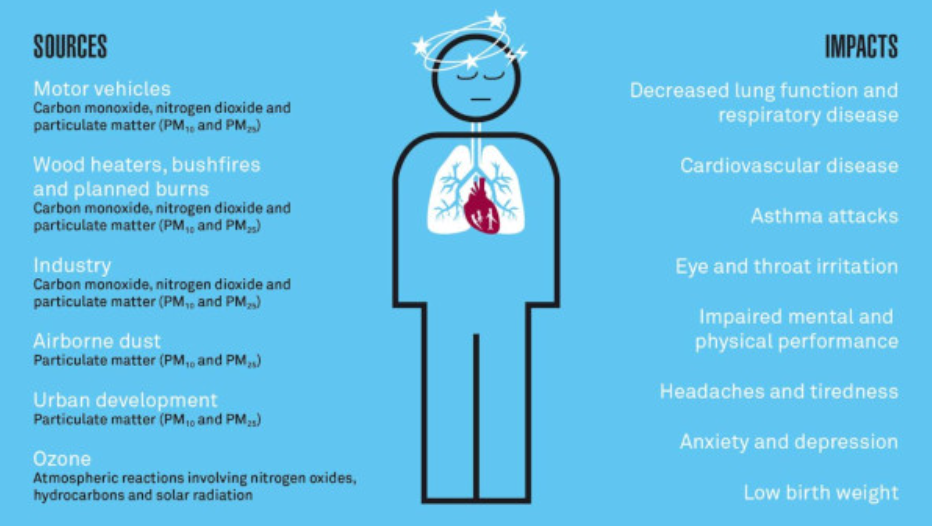
These elements are not merely statistics; they are a wake-up call for any community or corporation reliant on fossil fuels. A detailed table on our website could illustrate the correlation between pollutant levels and health outcomes, reinforcing the necessity of transitioning to cleaner energy alternatives.
THE ROLE OF FOSSIL FUELS IN CLIMATE CHANGE
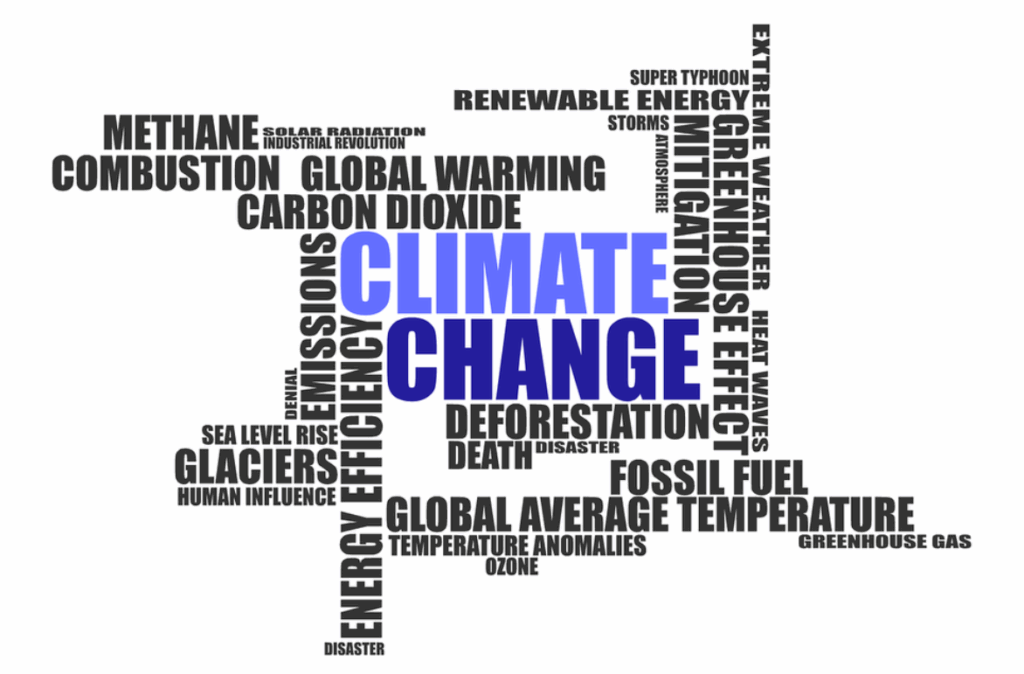 Climate change is perhaps the most discussed consequence of fossil fuel use. As greenhouse gases accumulate in the atmosphere, they trap heat, leading to a myriad of impacts, including rising sea levels, more severe weather patterns, and disturbances in regional ecosystems. The NYU study provides further evidence that:
Climate change is perhaps the most discussed consequence of fossil fuel use. As greenhouse gases accumulate in the atmosphere, they trap heat, leading to a myriad of impacts, including rising sea levels, more severe weather patterns, and disturbances in regional ecosystems. The NYU study provides further evidence that:
- Greenhouse gas emissions from fossil fuels contribute significantly to global warming.
- Even modest increases in temperature from prolonged emissions can lead to disproportionate and drastic environmental effects.
- Persistent fossil fuel use creates a vicious cycle where climate change exacerbates environmental conditions that in turn necessitate further fossil fuel consumption, particularly in climate change adaptation measures.
Key takeaways to consider include:
- Urban centers often bear the double burden of increased localized temperatures (urban heat islands) and higher air pollution levels.
- Coastal communities are facing accelerated risks due to rising sea levels and storm surges.
- Agricultural and rural areas experience shifts in growing seasons, pest behaviors, and water availability—all directly linked to the climate crisis.
STRATEGIES FOR A CLEANER, HEALTHIER FUTURE
Despite these daunting challenges, there is hope. The recognition of fossil fuels’ harmful impact has spurred innovation and policy changes worldwide. Transitioning to renewable energy sources such as wind, solar, and geothermal power offers a viable pathway to reducing the risks associated with fossil fuel consumption. Here are some strategies that both public and private sectors are actively pursuing:
- Policy and Regulation:
– Governments and regulatory bodies are increasingly enforcing stricter emissions standards on industrial and transportation sectors.
– Subsidies and tax incentives for renewable energy projects encourage a shift towards cleaner power generation.
- Corporate Responsibility:
– Businesses are adopting environmental, social, and governance (ESG) criteria to minimize their carbon footprint and ensure sustainable operations.
– Investment in sustainable technologies and corporate social responsibility (CSR) initiatives not only helps the environment but also boosts a company’s reputation and market value.
- Community Initiatives:
– Grassroots organizations and local governments are collaborating on renewable energy projects to reduce dependence on fossil fuels.
– Public education campaigns empower communities with the knowledge and tools needed to advocate for cleaner air and environmental justice.
- Individual Action:
– Consumers can support sustainable practices by choosing renewable energy providers, reducing energy consumption, and participating in local clean-up and conservation efforts.
– By making informed choices about transportation, housing, and consumption, individuals contribute to a collective impact on the environment.
CONCLUSION: EMBRACE A FUTURE WITHOUT FOSSIL FUELS
The evidence presented by the NYU study compels us to reassess how we power our lives. While the hazards of fossil fuel dependence are significant, they are not insurmountable. Through informed decisions, innovative policies, and a collective commitment to cleaner energy sources, it is possible to reverse the tide of damage and safeguard our health, environment, and future.
Commitment to sustainable energy transcends a single industry, serving as a unified call to action for businesses, governments, and individuals alike. We are determined to empower you with the knowledge, tools, and strategic guidance necessary to navigate these complex challenges.
The journey away from fossil fuels is both urgent and transformative. It is a path marked by shared responsibility, determined advocacy, and unwavering resolve. Let our expertise be your guide toward a world where energy is clean, communities are healthy, and the planet thrives.
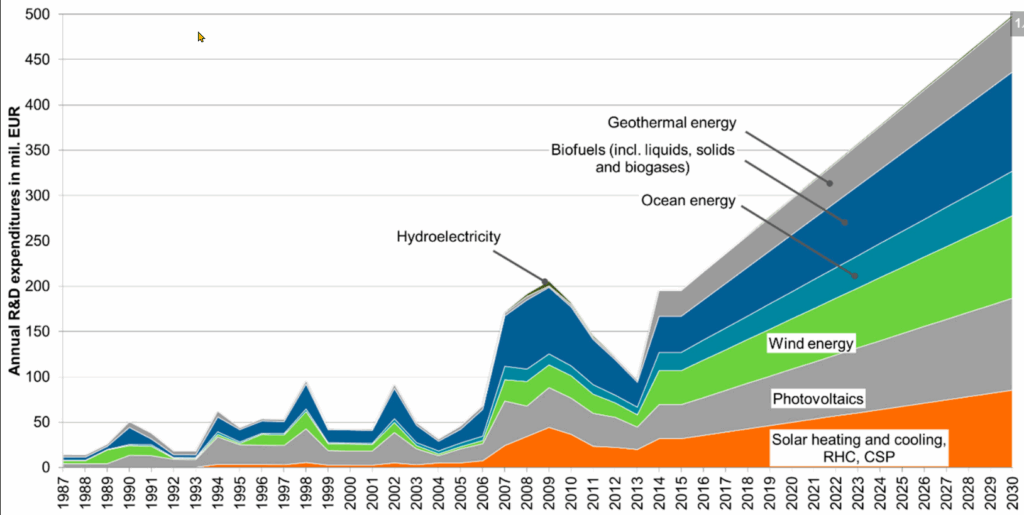
Listen on Podcast
Did you like your experience?
Please leave us a Testimonial HERE if you have a Google account.
Your word helps get our word out to more people.
Thank you in advance!!


